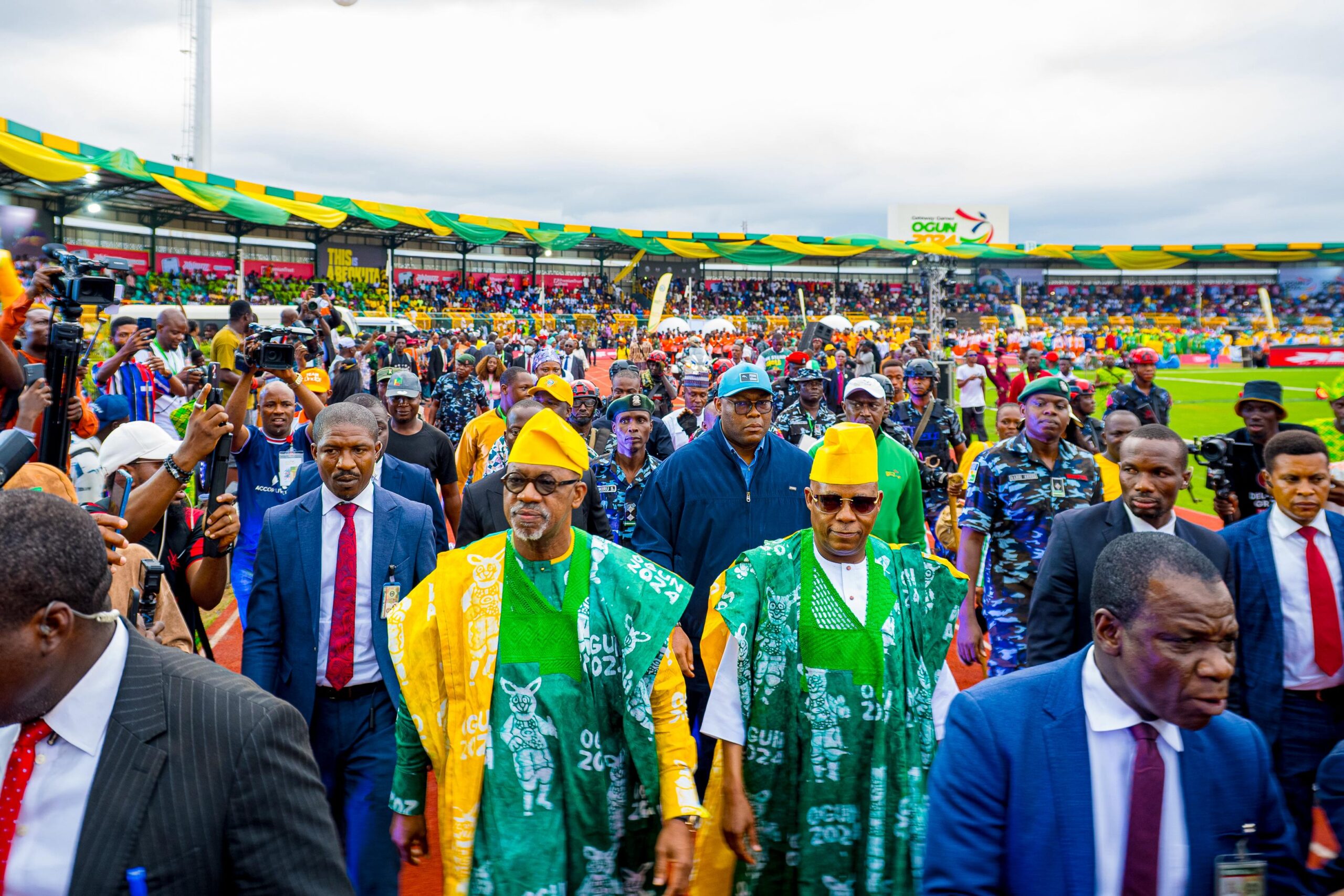US Commercial Diplomacy in Africa: A New Equal Partnership
Table of Contents
Is the United States rewriting its Africa strategy? It appears so, shifting from a traditional aid-based approach to one emphasizing commercial partnerships and mutual benefit.This new strategy, championed by figures like Ambassador Troy Fitrell, signals a perhaps transformative era in US-Africa relations.
Commercial diplomacy is no longer a buzzword; it’s becoming the cornerstone of US engagement in Africa. This approach prioritizes trade, investment, and lasting economic growth, moving away from the perception of Africa as solely a recipient of aid.
The African Continental Free Trade Area (AfCFTA) represents a market of over 1.3 billion people, making it a significant prospect for US businesses.
What Dose This Mean for American Businesses?
For American companies, this shift presents unprecedented opportunities. Sectors like infrastructure, technology, and renewable energy are ripe for investment. Think of it as the Marshall Plan, but rather of rebuilding Europe, it’s about building a stronger, more prosperous Africa, with American businesses playing a key role.
Consider General Electric’s investments in power generation across africa. These projects not only provide much-needed electricity but also create jobs and stimulate local economies. This is the kind of win-win scenario commercial diplomacy aims to foster.
Côte d’Ivoire is emerging as a key focus for US investment,with significant capital being directed towards infrastructure and energy projects. The American Yaatra’s $5.1 billion investment in a refinery highlights this growing interest.
“When investing in Africa, it’s crucial to partner with local businesses and understand the specific regulatory environment,” says Dr. Akosua Barthwell Evans, a specialist in US-Africa trade relations. “Due diligence is paramount.”
The $5.1 Billion Bet: What’s the Rationale?
Why Côte d’Ivoire? The nation’s relative political stability, strategic location, and growing economy make it an attractive destination for foreign investment. The refinery project promises to boost local refining capacity, reduce reliance on imports, and create jobs.
This investment mirrors similar moves in Algeria, morocco, and the Democratic Republic of Congo, indicating a broader US strategy to engage with key African economies.
Beyond economics,security considerations are also driving US engagement. Ongoing negotiations between the Pentagon and Abidjan underscore the importance of strategic partnerships in maintaining regional stability.
The Pentagon’s Role: More Than Just Defense
The Pentagon’s involvement isn’t solely about military cooperation. It also encompasses initiatives aimed at strengthening governance, promoting human rights, and combating terrorism. This holistic approach recognizes that long-term security requires addressing the root causes of instability.
Think of the US military’s role in training African peacekeepers. These programs enhance the capacity of African nations to respond to crises and maintain stability within their borders.
Access to affordable housing remains a significant challenge across Africa. The US is actively involved in addressing this issue thru initiatives like the Africa-United States mortgage initiative,which recently held a roundtable in Abidjan.
Innovative Financing: A Key to Unlocking Homeownership
The roundtable focused on innovative financing mechanisms and strategies to expand access to mortgage lending. This includes exploring options like micro-mortgages,public-private partnerships,and the use of technology to streamline the lending process.
This initiative is notably relevant in the context of rising urbanization and the growing demand for affordable housing in African cities. By facilitating access to homeownership,the US aims to promote economic empowerment and social stability.
While the shift towards commercial diplomacy holds immense promise, challenges remain. Corruption, political instability, and infrastructure deficits continue to pose obstacles to investment. However, the potential rewards are significant.
American companies need to adopt a proactive approach to risk management. This includes conducting thorough due diligence, building strong relationships with local partners, and engaging with government officials to address concerns.
The US government can also play a crucial role by providing political risk insurance, trade financing, and technical assistance to American businesses operating in Africa.
The US-Africa trade relationship is governed by the African Growth and Opportunity act (AGOA), which provides duty-free access to the US market for eligible African countries.
Ultimately, the success of commercial diplomacy hinges on building mutually beneficial partnerships that promote sustainable economic development and shared prosperity.By embracing this new approach, the US can forge stronger ties with Africa and unlock the continent’s vast potential.
Share this article | Leave a comment
Dr. Nkosi, thanks for joining us. This article highlights a move away from traditional aid to commercial partnerships. How significant is this shift, and what’s driving it?
It’s a monumental shift, and frankly, long overdue. The traditional aid model, while well-intentioned, often fostered dependency. This new approach, emphasizing , recognizes Africa as a vital economic partner, not just a recipient of aid. The drivers are multifaceted. Firstly,there’s a growing recognition of Africa’s immense economic potential – fueled by a young population,abundant resources,and increasing urbanization. Secondly, the rise of the African Continental Free Trade Area (AfCFTA), creating a single market of over 1.3 billion people,makes the continent incredibly attractive to investors.there’s a strategic element – the US is keen to strengthen its ties with Africa in the face of growing competition from other global powers.
The article mentions sectors like infrastructure, technology, and renewable energy as being “ripe for investment.” Can you elaborate on specific opportunities within these sectors?
Absolutely. is a massive need. Think roads, railways, ports, energy grids – all critical for connecting markets and facilitating trade.There’s enormous potential for American engineering and construction firms. In , we’re seeing a boom in fintech, e-commerce, and digital services across Africa. American tech companies can leverage their expertise to tap into this rapidly growing market. is another key sector. with Africa facing significant energy deficits and a global push for sustainable advancement, there’s a high demand for solar, wind, and hydro power solutions. Businesses specializing in renewables can establish themselves in the continent to create sustainable growth.
The $5.1 billion investment in a refinery in Côte d’Ivoire is highlighted as a case study. what makes Côte d’Ivoire an attractive investment destination, and what broader trends does this signify?
Côte d’Ivoire is a particularly attractive country at the moment due to relative political stability, strong government policy, and an effort to improve ease business policies. As a result, Yaatra’s $5.1 billion investment suggests the country is taking strides in its economic strength. The refinery project, in particular, will serve to create economic growth within the country by reducing it’s reliance on imports. The article correctly points out that similar moves in Algeria, Morocco, and the Democratic Republic of Congo indicate a broader US strategy to engage with key African economies.
The article also touches on security considerations and the Pentagon’s role. How do these strategic interests intertwine with the commercial diplomacy efforts?
Security and stability are fundamental prerequisites for economic growth. The Pentagon’s engagement in Africa, through initiatives like training peacekeepers and promoting good governance, is essentially creating a more stable and predictable investment environment. It’s difficult to attract investors to regions plagued by conflict or instability.The more stable the region is, the less the risk of doing business within it.
What are some of the key challenges American businesses should be aware of when investing in Africa, and what advice would you give them?
Corruption, political instability (in some regions), and infrastructure deficits undoubtedly remain challenges, but they are not insurmountable.My top advice would be: firstly, . Understand the local context, regulatory environment, and potential risks. Secondly, . These partnerships provide invaluable insights and access to networks. Thirdly, to address concerns and build relationships. . Building accomplished businesses in Africa requires a long-term viewpoint.
The article mentions the African Growth and Possibility Act (AGOA). How significant is AGOA in the context of this new commercial diplomacy approach?
AGOA is a cornerstone of US-Africa . It provides duty-free access to the US market for eligible African countries, incentivizing them to pursue economic reforms and participate in global trade. By working together with the US government to provide things like political risk insurance, trade financing, and technical assistance to businesses operating in Africa, AGOA ensures that mutually beneficial and sustainable economic development continues.
Time.news: Dr. Nkosi,what’s your overall outlook on the future of US-Africa commercial relations?
Dr. Imani Nkosi: I’m optimistic. The shift towards commercial diplomacy represents a paradigm shift in US-Africa relationships and has the potential to unlock immense economic opportunities for both sides. Though, success will depend on a commitment to building genuine partnerships, fostering sustainable development, and addressing the challenges that lie ahead. With a proactive and collaborative approach, the US and Africa can forge a mutually beneficial future.
Time.news: Dr. Nkosi,thank you for your valuable insights.









